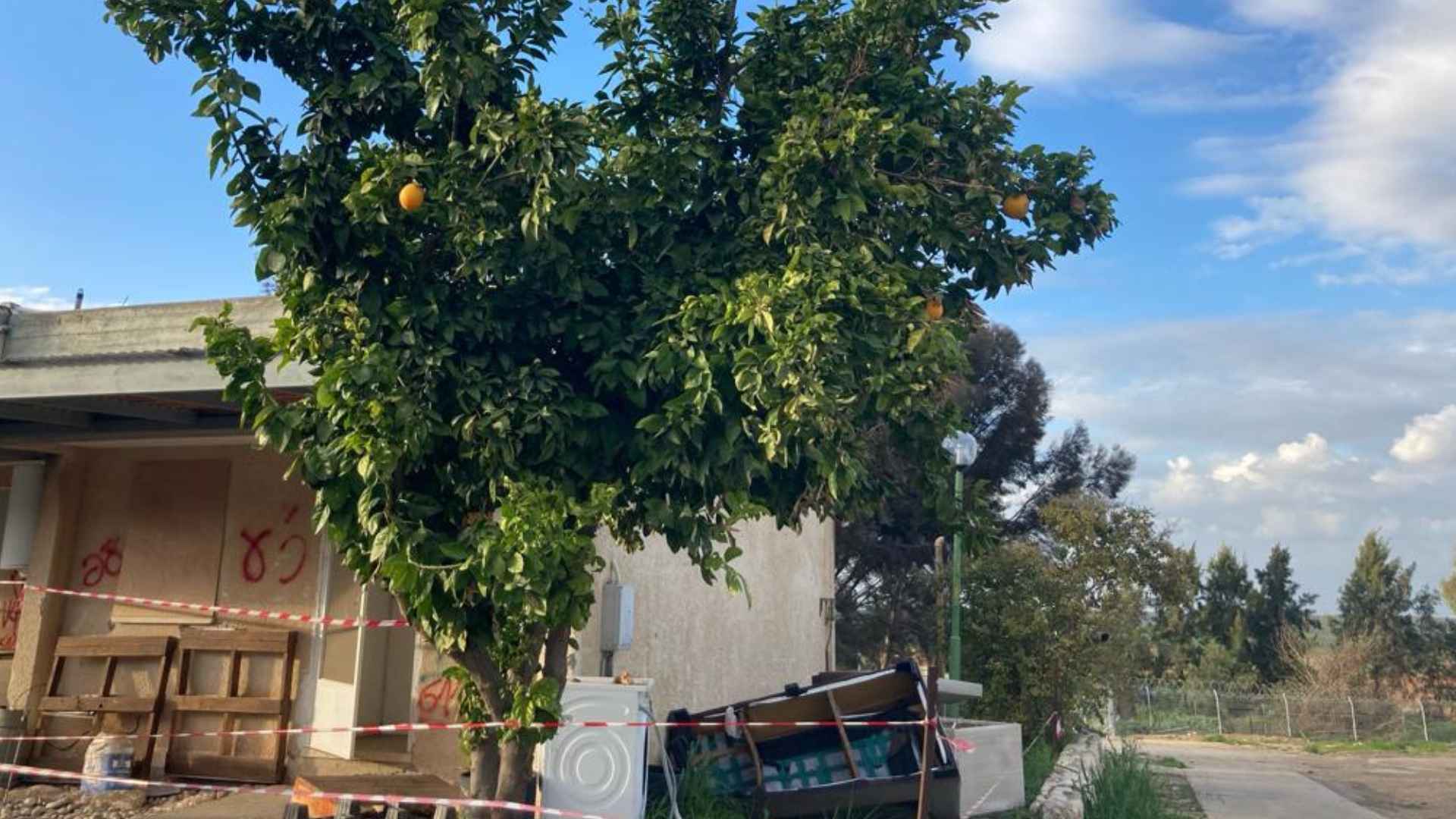Adam Teva V’Din worked to ensure that the control of the Fund remains at the Ministry of Environmental Protection, heading off attempts to transfer authority for the fund to the Interior Ministry.
The Maintenance of Cleanliness Fund (established 1984) is a collection of funds amassed from various environmental-related fines and levies that are allocated for environmental protection activities. For example, for every ton of waste buried in a landfill, the landfill operators pay a levy. The fund aims to maintain the cleanliness of Israel by preventing illegal garbage disposal, illegal treatment of waste, preventing waste-related hazards and encouraging recycling. Adam Teva V’Din’s Head of Solid Waste, Amiad Lapidot (pictured) represents Israel’s environmental organizations to the Fund.

The Interior Ministry had argued that the transfer of control of the multi-billion shekel Maintenance of Cleanliness Fund was agreed to by Prime Minister Netanyahu as part of their coalition deal, and that transferring authority of the fund would allow for better synchronization of waste management activities among local authorities. This despite acknowledging that the Interior Ministry lacks professional knowledge and understanding pertaining to waste management.
As our CEO, Amit Bracha wrote in a letter to the Prime Minister on the matter, such a decision would “…seriously damage the ability of the Ministry of Environmental Protection to deal with the burning environmental challenges at hand and which affect the quality of life of all Israeli citizens.” He explained how the Ministry of Environmental Protection and its activities is dependent on the Fund and without management of it, would be seriously weakened.
While we share in the victory of the Fund remaining at he Ministry of Environmental Protection, the dispute over these monies highlights a need for clear planning and a transparent budget for the monies collected. Billions of shekels have accumulated yet how is the money being put to good use? We call on the Minister of Environmental Protection to detail how Israel will meet its target to reduce landfilling from the current 80% to 20% by 2030 (as agreed upon in the National Waste Strategy of January 2021), and how and when the Ministry intends to promote its implementation.




